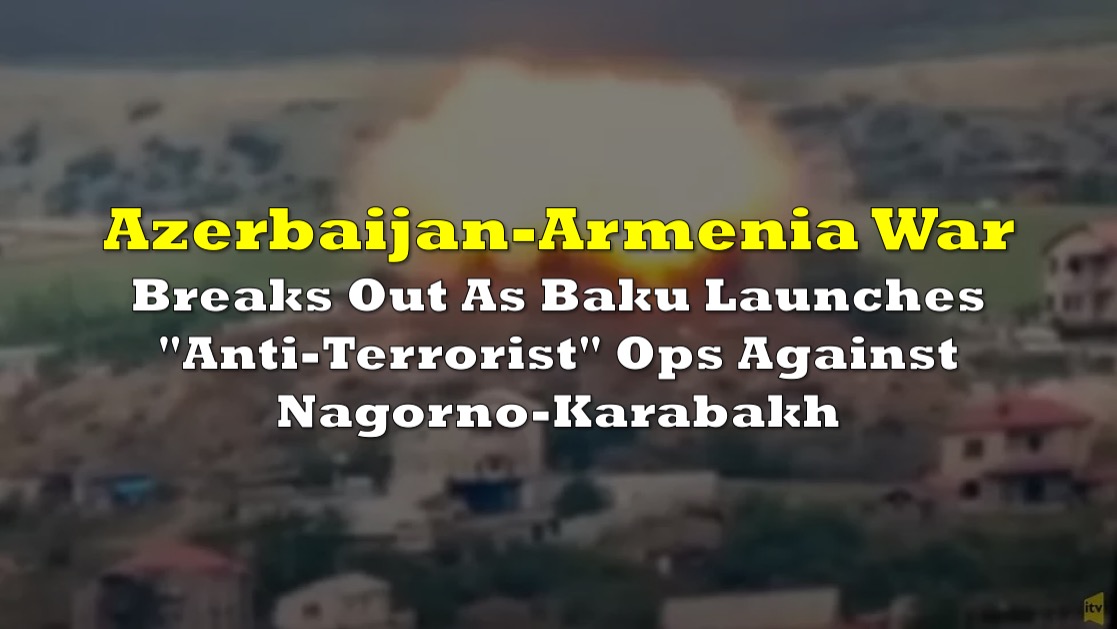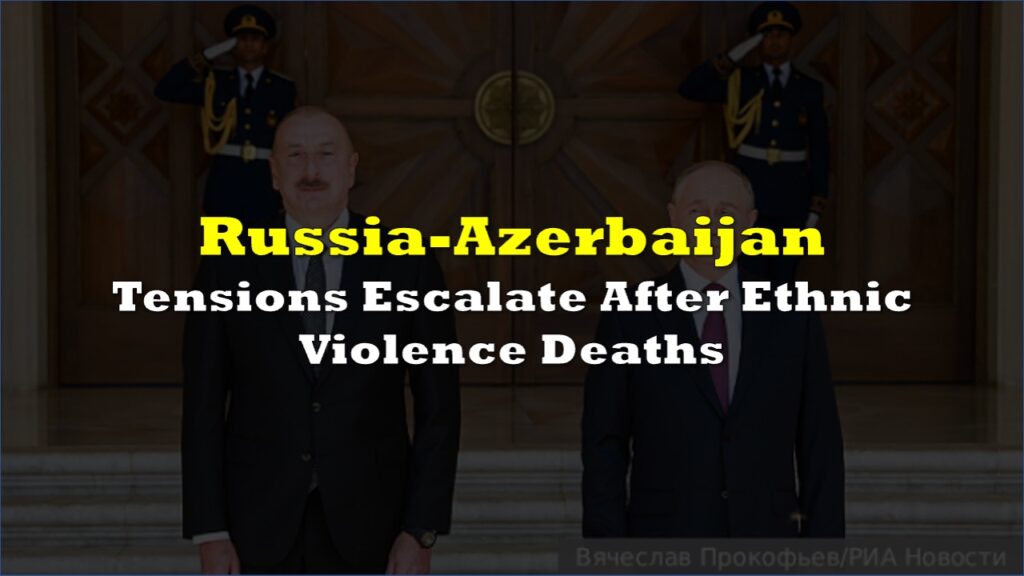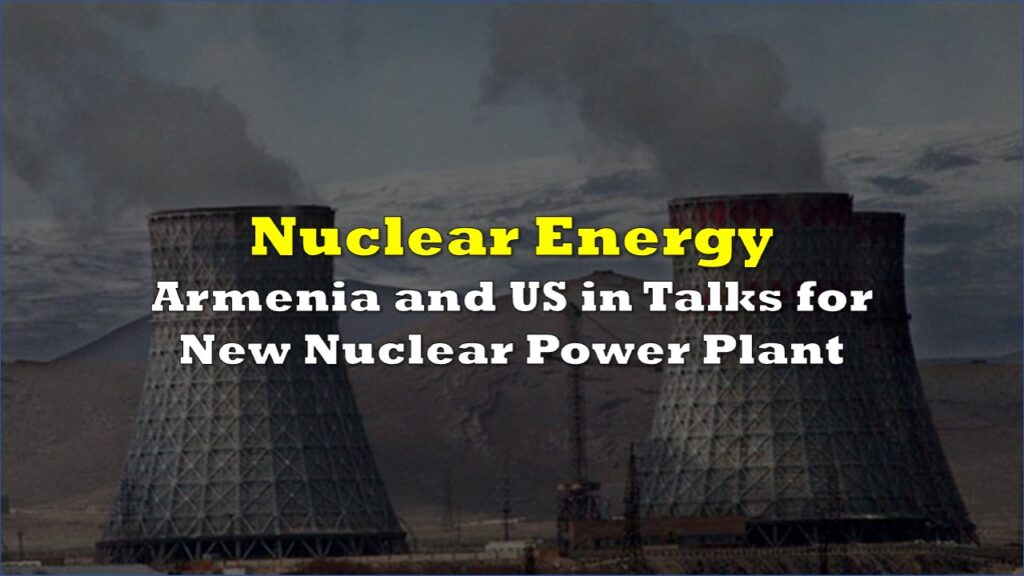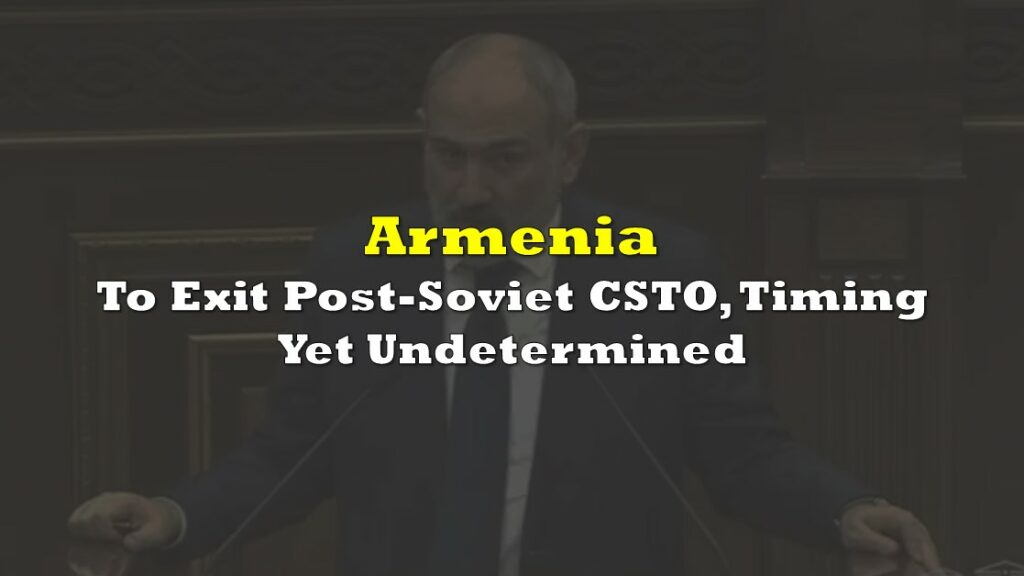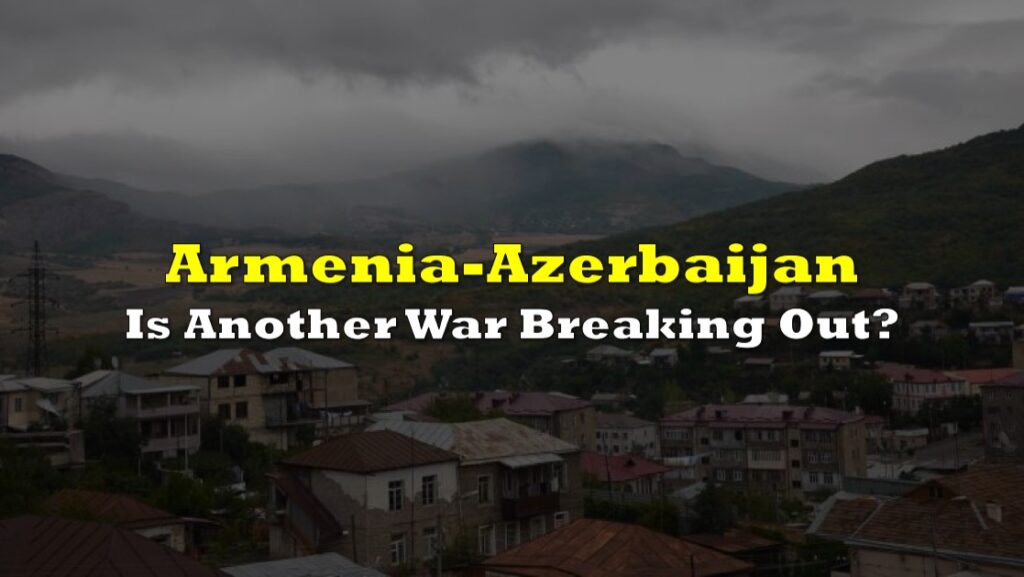Azerbaijan’s defense ministry has initiated “anti-terrorist” operations in regions of Nagorno-Karabakh currently under Armenian control, escalating long-standing tensions in the breakaway ethnic-Armenian enclave, which is internationally recognized as part of Azerbaijan.
The move has sparked a flurry of activities, including air raid sirens and mortar fire heard in Karabakh’s main city. Tragically, eleven Azerbaijani police and civilians have been reported killed in a mine blast and another incident.
Azerbaijan has launched a new war in Nagorno-Karabakh. Below is their statement announcing it. Multiple videos show artillery bombardment of Stepanakert. It is here. pic.twitter.com/DQ6rWC7Ixn
— Neil Hauer (@NeilPHauer) September 19, 2023
#BREAKING
— Casus Belli (@casusbellii) September 19, 2023
🇦🇿🇦🇲
Azerbaijan has announced the start of a "anti terrorist" operation against the self-proclaimed Karabakh Republic with the aim of disarming it.
Azerbaijani airspace now closed to Armenia.
Azerbaijan says it will not target civilian infrastructure or… https://t.co/FCYDaKXnbg pic.twitter.com/0jzhiIlsqJ
The armed forces of Azerbaijan are seen below deploying from Shusha towards Karabakh. The Minister of Defense of #Azerbaijan has stated their military is conducting an "anti-terrorist operation" there.
— OSINT (Uri) 🇺🇦 (@UKikaski) September 19, 2023
The players here are #Turkey, Azerbaijan, #Russia, #Armenia and #Iran.
The… pic.twitter.com/t4If6nNVMt
Damaged residential apartment buildings in Stepanakert after Azerbaijani artillery strikes https://t.co/7ZnbbVlhTQ
— Neil Hauer (@NeilPHauer) September 19, 2023
Officials from the defense sector in the breakaway region have accused the Azerbaijani military of breaching the ceasefire along the entire line of contact with missile and artillery strikes, characterizing it as a “large-scale military offensive.”
This marks the third time the two neighboring nations, Azerbaijan and Armenia, have engaged in conflict over Nagorno-Karabakh, with previous clashes occurring in the early 1990s following the dissolution of the Soviet Union and most recently in 2020.
Since December, Azerbaijan has effectively blocked the only access route into the enclave from Armenia, known as the Lachin Corridor. On Tuesday, the defense ministry in Baku alleged that Armenian forces had been consistently shelling its army positions and stated that it had responded with “local, anti-terrorist activities” aimed at disarming and securing the withdrawal of Armenian armed forces from Azerbaijani territories. They emphasized that their operations were strictly focused on legitimate military targets, using high-precision weaponry, and not aimed at civilians or civilian infrastructure.
In contrast, Armenia’s defense ministry denied allegations of Armenian military fire, asserting that they did not align with the actual situation on the ground. The sounds of artillery and gunfire emanated from the Karabakh regional capital, Khankendi (known as Stepanakert to Armenians). Approximately 120,000 ethnic Armenians reside in this mountainous enclave, and reports indicate that residential areas within the city, including a building adjacent to a journalist, have been impacted.
Armenian officials stated that, as of 14:00 (10:00 GMT), the situation on their own borders remained “relatively stable.” Meanwhile, Russia’s foreign ministry revealed that it had received only minutes’ notice of the Azerbaijani offensive and urged both countries to respect the ceasefire established after the 2020 conflict. Toivo Klaar, the EU’s regional special representative, emphasized the “urgent need for an immediate ceasefire.”
As previously,the #Azerbaijani official reports&mass media again continue to disseminate false statements as if there are #Arm AF units, mil equipment, and personnel in #Nagorno_Karabakh.
— MoD of Armenia 🇦🇲 (@ArmeniaMODTeam) September 19, 2023
MoD of #Armenia has repeatedly stated that the RA doesn't have an army in Nagorno-Karabakh. pic.twitter.com/VAyQMRwwRG
The 2020 six-week conflict saw Azerbaijan reclaim territories surrounding Karabakh that had been under Armenian control since 1994. A tenuous ceasefire, monitored by around 3,000 Russian peacekeepers, has been increasingly strained, partly due to Russia’s involvement in its full-scale invasion of Ukraine. Armenian Prime Minister Nikol Pashinyan recently suggested that Russia was “spontaneously leaving the region.”
Azerbaijan had denied amassing troops in the region, and on Monday, it permitted aid from the International Committee of the Red Cross to enter Karabakh via two routes—one through the Lachin Corridor from Armenia and the other on Azerbaijan’s Aghdam road. Hopes for a de-escalation in tensions were briefly ignited, but then Azerbaijani officials reported six casualties, including four police officers, resulting from their vehicle hitting a landmine in the Khojavand area, which had been recaptured during the 2020 war. In response, ethnic Armenian officials in Karabakh accused Azerbaijan’s military of violating the ceasefire.
BREAKING:
— Visegrád 24 (@visegrad24) September 19, 2023
Armenian PM Nikol Pashinyan:
“Armenia will not go to war with Azerbaijan over Nagorno-Karabakh” pic.twitter.com/RQTiP2KxYv
Information for this briefing was found via BBC and the sources mentioned. The author has no securities or affiliations related to this organization. Not a recommendation to buy or sell. Always do additional research and consult a professional before purchasing a security. The author holds no licenses.

